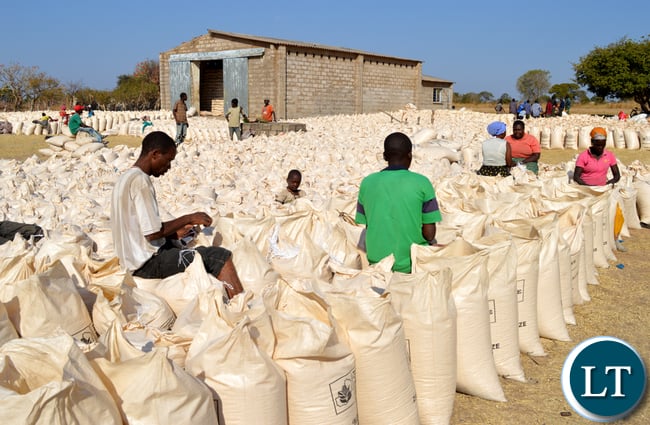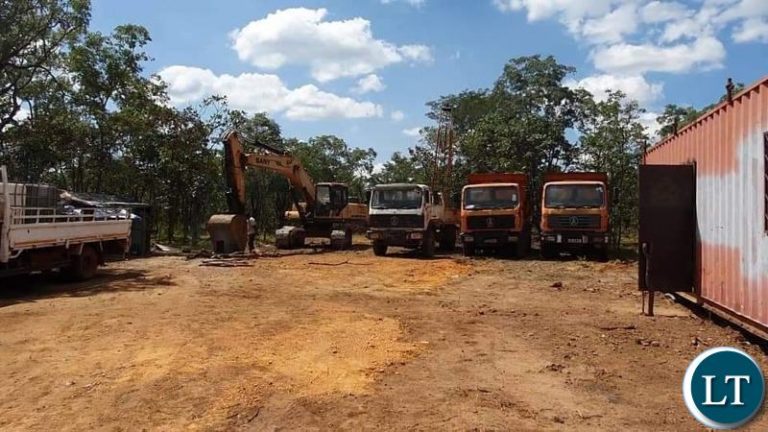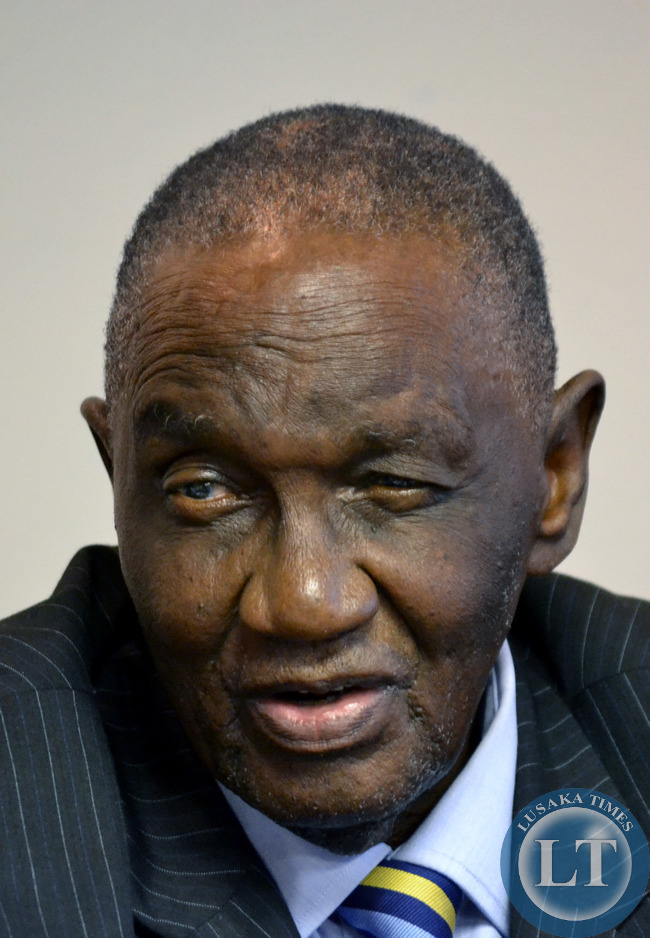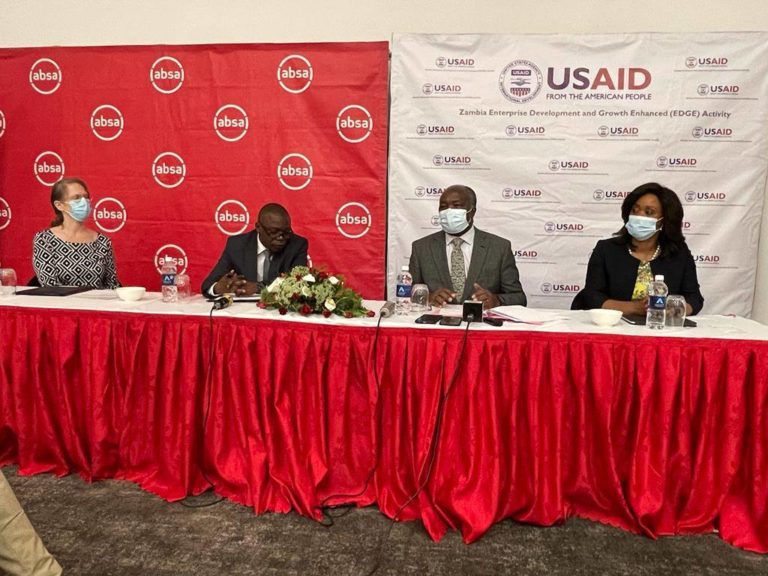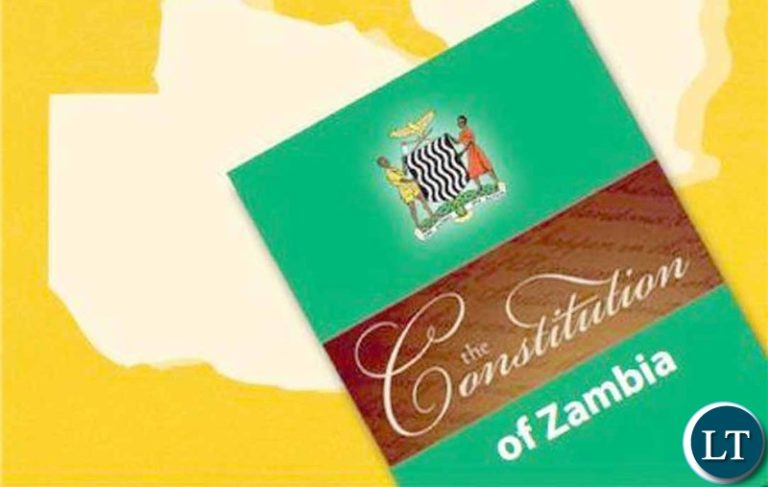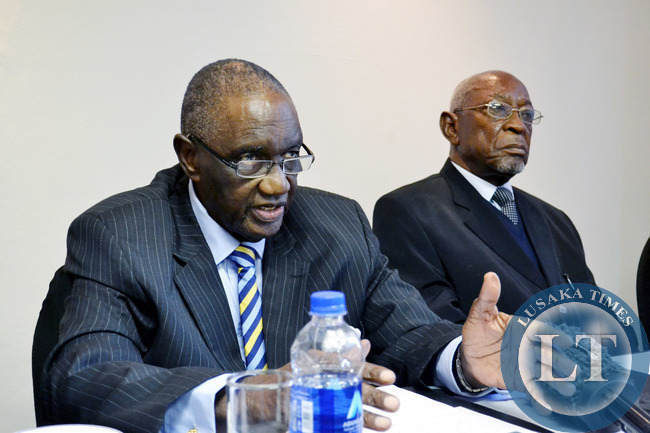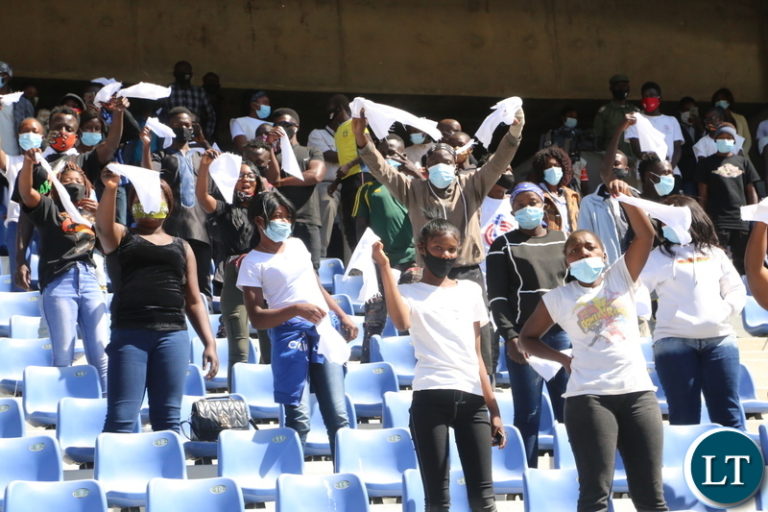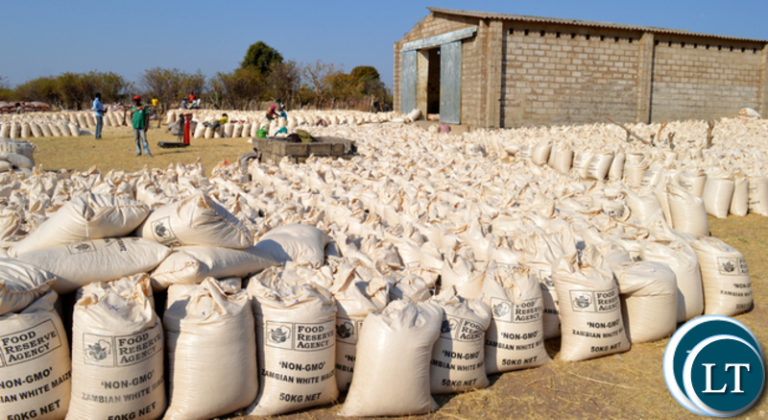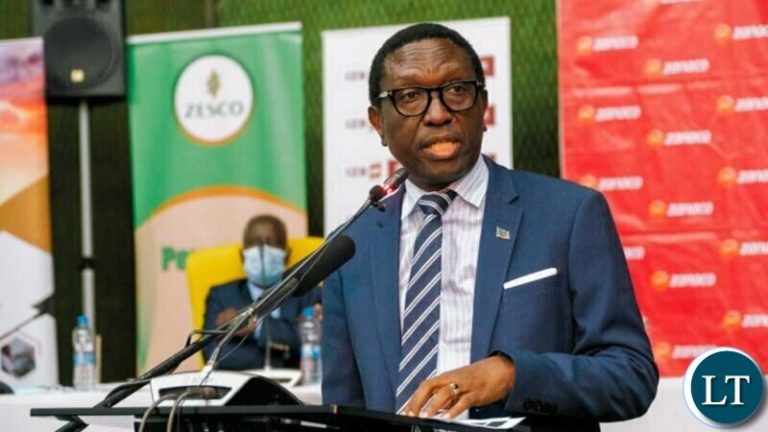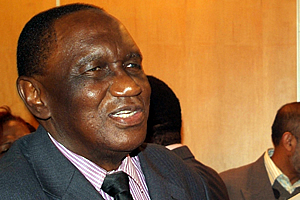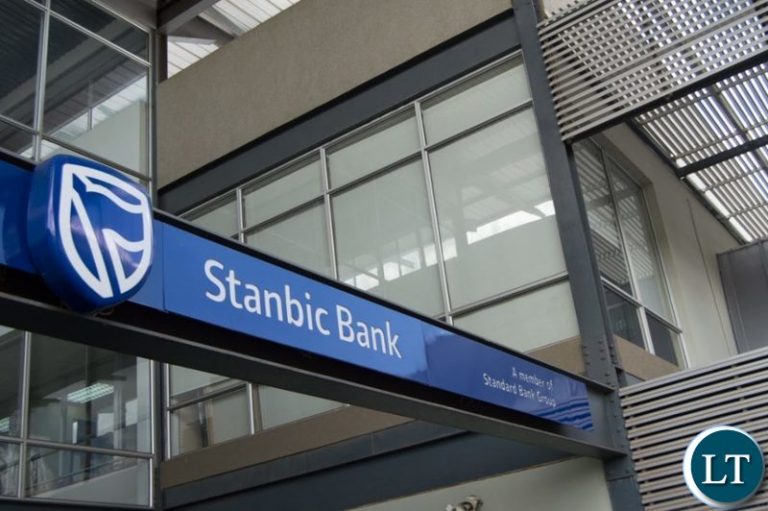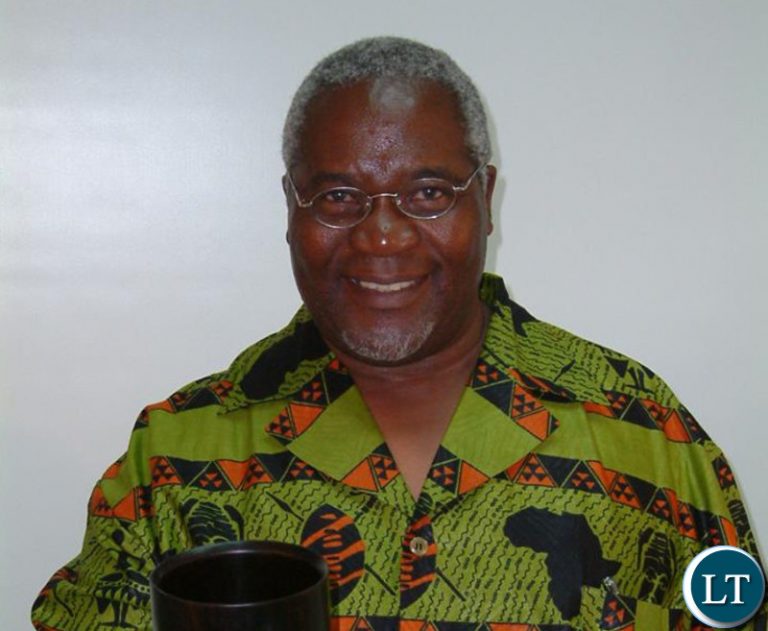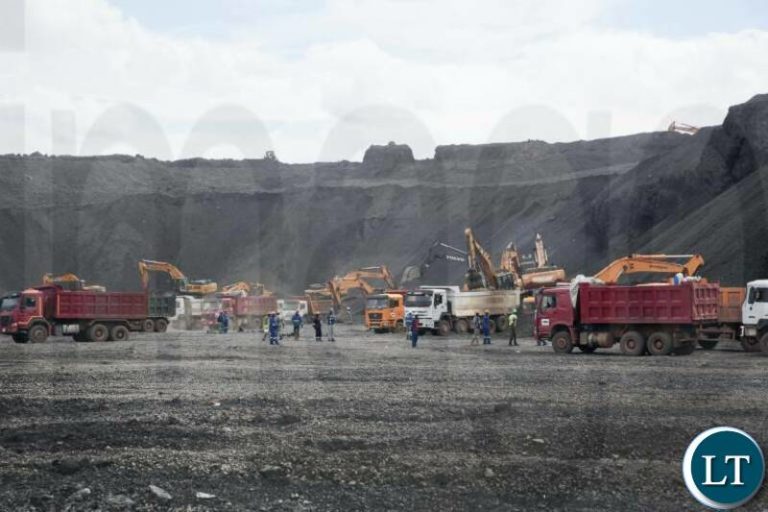Standard Bank which trades in Zambia as Stanbic Bank says it expects the Zambian government to have a resolution in place with creditors between December 2022 and March 2023.
And the Bank says since IMF funding is tied to progress on the debt restructuring, it expects the IMF will likely finalize Zambia’s programme during the second half of 2022.
In a research paper, Ferishka Bharuth, Economist – Africa Regions at Standard Bank says as negotiations between Zambia and various creditor committees begin, creditors would have 6 to 9 months to come to an agreement.
Mr. Bharuth also stated that creditors are facing haircuts of over 40%.
“Consistent with the IMF’s recommendations, we’d expect the sovereign to apply the G20’s common framework to the debt restructuring. This framework sets out to help coordinate debt reprofiling or restructuring efforts between all creditors, including non-Paris club creditors and commercial creditors,” Ms. Bharuth said.
She said this framework should improve coordination amongst creditors but it is unlikely to eliminate all coordination problems.
“As negotiations advance, we would get a better sense of how coordination challenges are affecting the process. We have therefore factored delays into our timelines.”
“Since the common framework requires private creditors to participate in the restructuring on comparable terms, the haircuts that all creditors will ultimately face will become a point of contention because we’d foresee some divergence on haircuts the bilateral, multilateral and commercial creditors would be willing to accept.”
Ms. Bharuth added, “We have calculated the expected loss, using two approaches: First, calculating net present value (NPV) of the original instruments (assuming no default) and NPV of the new (restructured) instruments. The NPV is calculated using the immediate post-exchange, or exit yield of the restructured instrument, to discount payment streams of the new and old instruments. However, this approach applies when the terms of the restructuring are known, which isn’t the case for Zambia.”
“We therefore opt for the second methodology (that estimates haircuts by using the market price before and after the default is announced). We calculated that the estimated loss for the 22’s, 24’s and 27’s at 41.1%, 42%, 42.6% respectively.”
“For instance, in 2017 Mozambique defaulted on its Eurobond (set to mature in 2023). Using the market price 6-m before default and the price on default, our expected loss was 17.5%. This bond was later restructured into a 12-y Eurobond with a coupon of 5% and a face value of USD900m. The amount issued included the 23’s face value and some of the accrued, unpaid interest.”
She added, “Applying the first approach, the 23’s bond price would have been 108.3 at the time the new bond was issued. As at the restructure date, the price of the new 12-y bond was calculated at 89.8. Therefore, the haircut on the Mozambique restructure was 17.1%. Applying the second methodology, we calculated a similar haircut of 17.5%.”
“Since Nov 20, overall Zambian eurobonds have gained 40.13%. On an annual basis, these bonds have returned 21%. However, this year, the credit has had a return of -5.11%, with geopolitical risk and tighter monetary policy conditions in developed markets weighing on its performance.”
She added, “Furthermore, the uncertainty related to the haircut likely tempered the market’s reaction when Chinese creditors in Apr announced their participation in the debt restructuring. Ahead of this restructuring, we remain neutral on Zambia’s eurobonds, setting our portfolio in line with the SBAFSO index.”
“However, a few factors are still in Zambia’s favour. Firstly, Zambia’s government has prioritized the finalization of debt restructuring, which should further fuel forward momentum in the debt restructuring talks. The FY2022 budget even sets aside funds to clear outstanding debt service arrears. Moreover, authorities’ engagement with the IMF have been robust, with full debt disclosures being made.”
Ms. Bharuth added that with many sectors recovering from the pandemic shock, a stabilization in domestic economic conditions also provide a constructive backdrop for negotiations.
She said the copper mining sector is a mainstay of this economy and, with copper prices remaining elevated and exports reaching just over 900,00 tons, the sector has proved a buffer.
“Though higher inflation may limit the recovery in private consumption this year, further public health restrictions disrupting growth now seem unlikely. When the sovereign initially engaged creditors after the default, at the time many creditors questioned the then macroeconomic forecasts as well as the sovereign’s debt disclosures. This time, the IMF’s involvement should support the forecasts presented to creditors; IMF Debt Sustainability Analysis will likely be applied.”
She said, “Moreover, Zambia’s progress on an IMF after the debt restructuring is essential because it should prevent defaulting again in the medium term. Zambia’s IMF programme will likely focus on fiscal reform, which should help restore fiscal policy credibility and keep public finances on a sustainable path. As IMF funding is tied to progress on the debt restructuring, the IMF will likely finalize Zambia’s programme during H2:22.”
She warned that, “Should securing IMF financing be delayed, local bond yields may rise more than we expect over the next 6 months. Tighter monetary policy conditions would reinforce that, too.”


